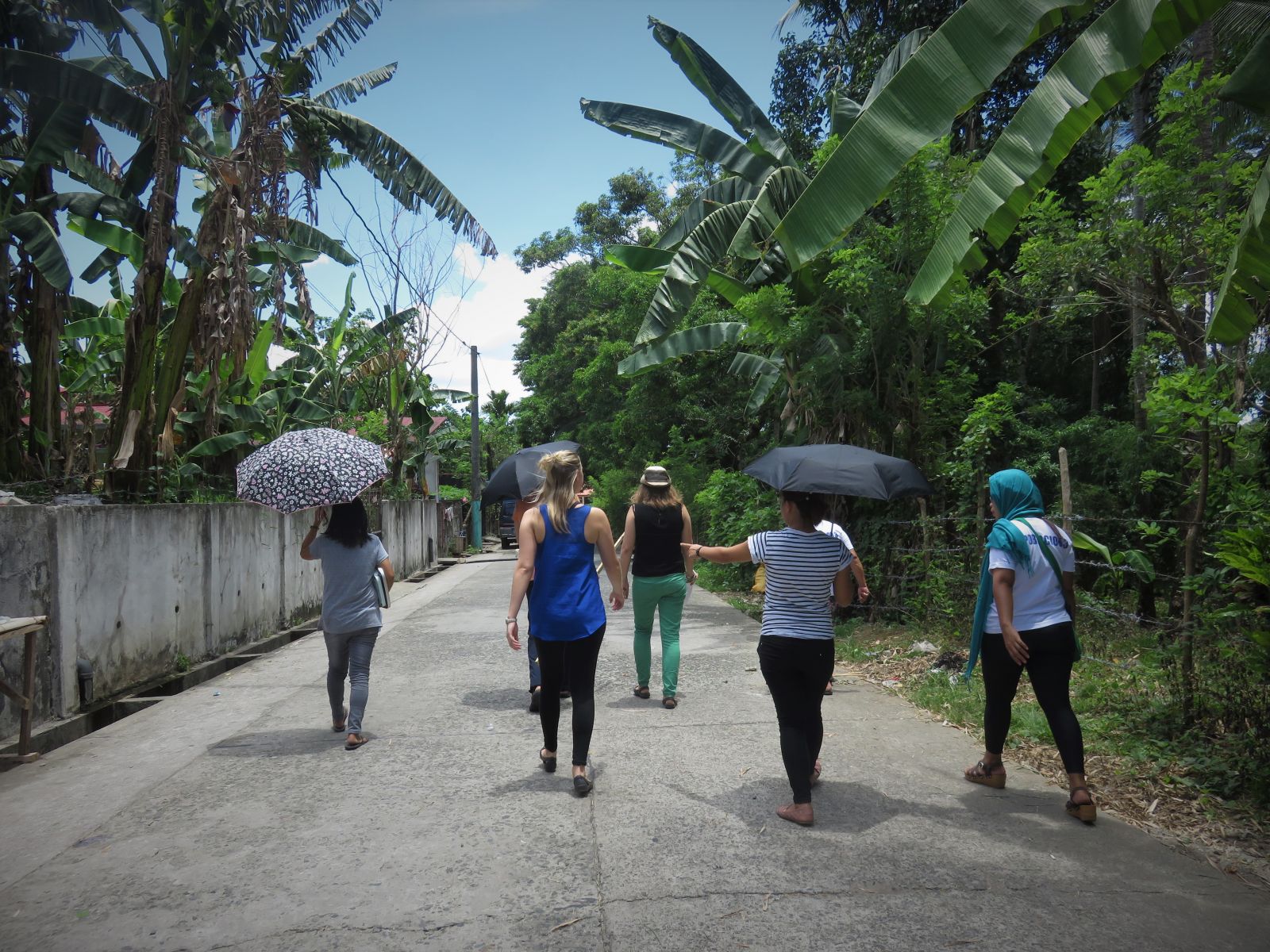
The main focus of my role is to aid the Rural Health Clinic in their transition from paper to digital health record collection and management, in effort to make the information collected from PhilPen more accessible, and therefore more useful. So far, it has been a positive experience and I have had the opportunity to learn a lot from my colleagues and the community. I am making sufficient progress with the development of the digital database, and I am satisfied with everything I have accomplished with the Health Information System. However, for me, the most enjoyable part has been participating in the actual data collection process. Early in the mornings, before it becomes too hot, I have the privilege of joining teams of Community Health Workers as they venture out into the community to complete the substantial task that is census data collection. Since everyone over the age of 25 must be screened, Community Health Workers, who are volunteers from the community, travel house-to-house to collect vitals and medical histories to ensure everyone is recorded. The Community Health Workers are truly impressive and an essential part of the program. Without them, data collection would take longer to complete and would be significantly more challenging as the Community Health Workers provide the connection to the community and are the reason so many members of the community are willing to open their doors and allow the organization to collect personal information. Working with such a dedicated team of community members has only further emphasized to me the importance and value of community engagement in research, and I am grateful to work alongside each of them.